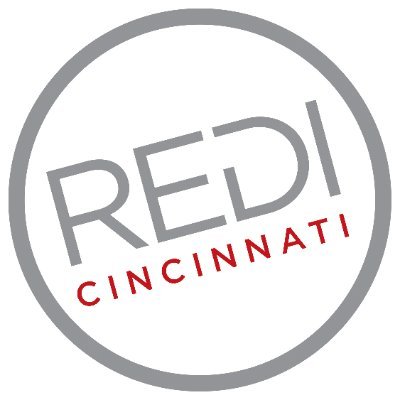Foreign Trade Zones (FTZs) offer a powerful set of tools to boost your business’s efficiency and competitiveness.
Have a question about FTZs? Here are frequently asked questions about FTZs in general, with a specific focus on FTZ 46 and FTZ 47.
FTZs are designated areas within the United States that operate under special customs procedures. They essentially function as duty-free zones for businesses, allowing for import, storage, manipulation, assembly, or manufacturing of goods with reduced or deferred customs duties.
FTZs offer several advantages, including reduced customs duties, increased competitiveness, job creation, supply chain efficiency, and attracting investment.
The specific industries within an FTZ depend on the zone’s location and infrastructure. However, FTZs often attract companies from sectors like manufacturing, logistics, warehousing, and distribution.
Companies that frequently import and re-export goods, engage in manufacturing or value-added processing within the U.S., or have complex supply chains are prime candidates for FTZs.
Activities permitted in zones include assembling, exhibiting, cleaning, manipulating, manufacturing, mixing, processing, relabeling, repackaging, repairing, salvaging, sampling, storing, testing, displaying, and destroying merchandise. Specifically, manufacturing and processing, or any activities leading to changes in tariff classification, must receive approval from the FTZ Board.
Merchandise eligible for storage in a zone includes any goods that are not banned from entry into the U.S. and are not subject to specific regulatory restrictions. While the merchandise can be admitted to a zone, necessary import licenses or permits may still be required from other government agencies.
There are costs associated with using an FTZ, such as application and annual fees. Fees vary from Zone to Zone. Each Zone is responsible for setting their own rate schedule and fee structure which are approved by the FTZ Board.
The application process begins by contacting the local Zone Grantee or Grantee administrator. They will provide details regarding the application and approval process.
For administrative questions contact:
Angela Cook
Business Administration- Program Manager, CVG
Email Angela Cook
859-279-5528
For business development questions contact:
Matthew Zimmerman
Senior Project Manager, REDI Cincinnati
Email Matthew Zimmerman
812-320-1041

This is a test of content a
This is a test of content b


